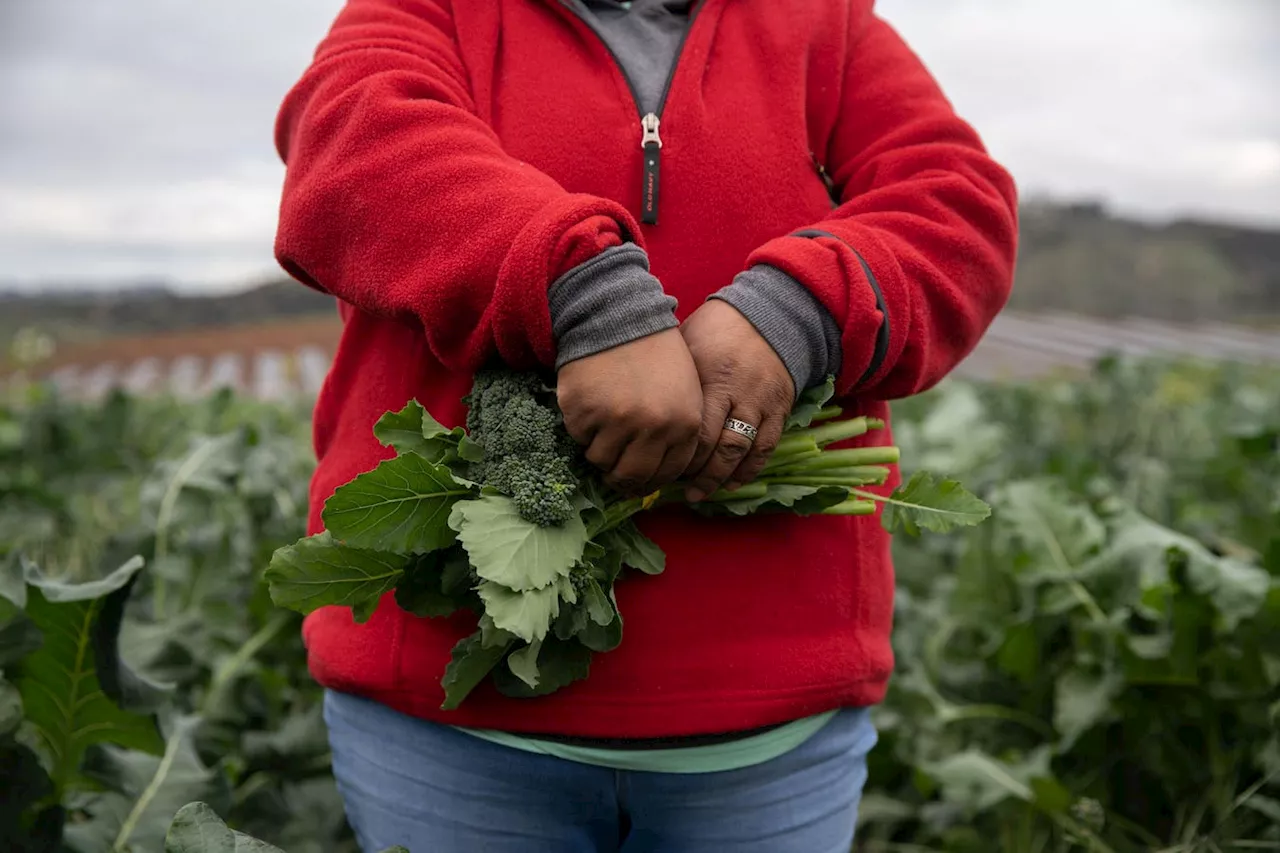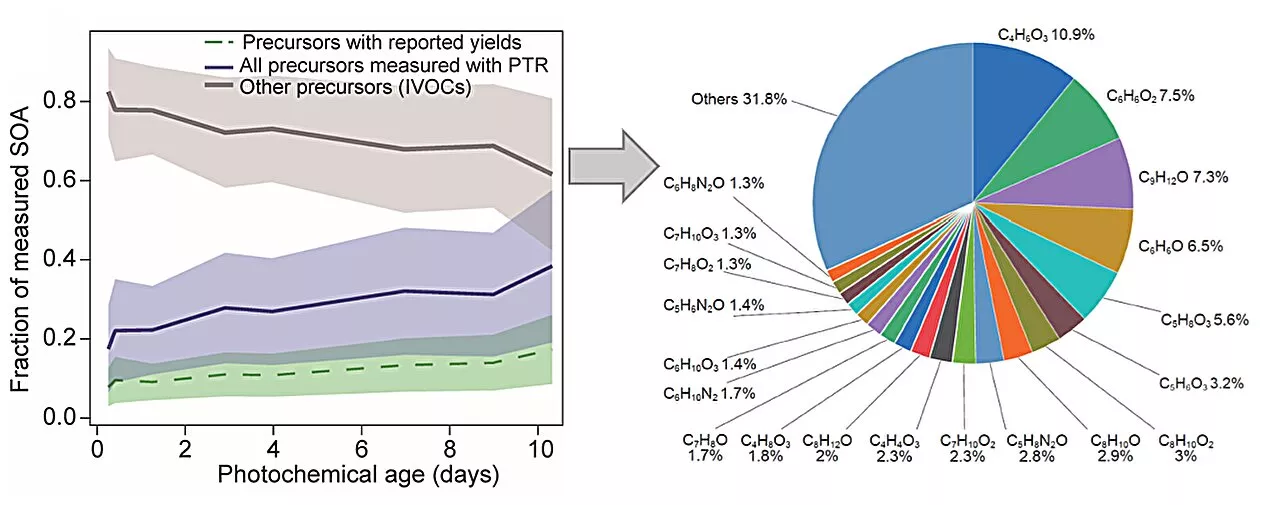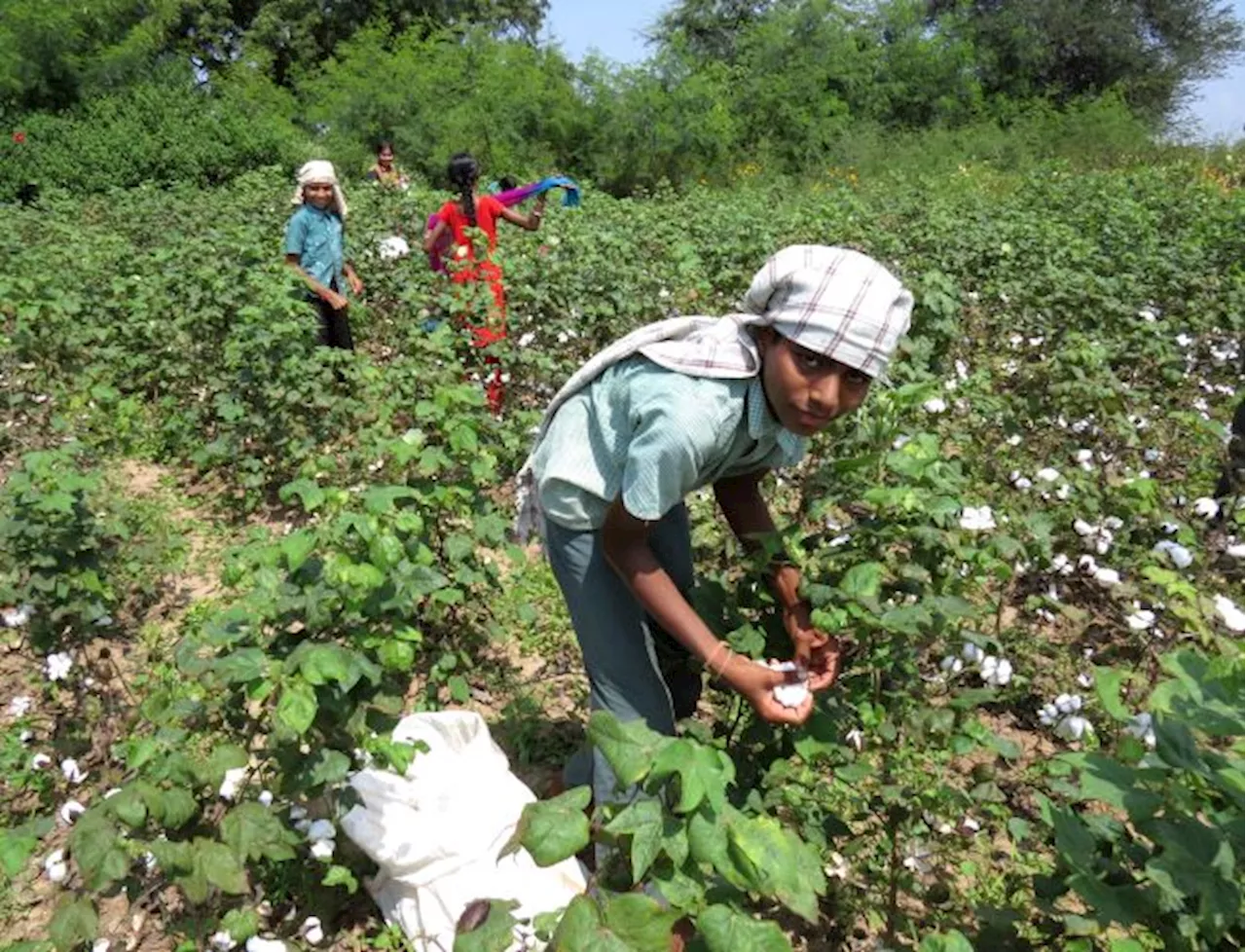An anthropologist explores organic cotton farming in India and whether it produces as much cotton as conventional methods.
Tracing 75 years of Israeli war photography, an anthropologist explains how images that reframe disproportionate violence as proof of victory have intensified in the war on Gaza that erupted in 2023.The African island nation played a central—but little-known—role in the rise of the global sugar trade based on enslaved labor. To uncover this past, a team launched the country’s first archaeological research.
An older boy, still dressed in his school uniform, helps his family pluck organic cotton after school. Pressured by local parents, an organic NGO in this village subsidizes the cost of a three-wheeled autorickshaw to ferry children to and from school. A faded mural from a short-term development project explains a series of benefits from pesticide-free management. While enthusiastically received in the moment, many of these short-term initiatives lose steam over time because they are not designed to adapt to changing conditions in the field.
Going organic meant Korianna and his neighbors had to adapt to significantly lower cotton yields. But they made sure the switch came with other perks that helped make up for the loss. By buying into a version of environmental development that appeals to consumers in the growing market for organic and ethical clothing around the world, farmers can gain subsidized work and, importantly, new kinds of social clout.
Organic distributors sell these harvests by telling consumers they are helping farmers who are isolated, poor, and in crisis. This narrative is not misleading. Korianna, like most in his village, belongs to the Dalit community, comprised of members of historically disenfranchised Hindu castes. Many organic development groups recruit Dalit farmers, along with Adivasi farmers—But the story is complicated.
And even farmers in North India who initially benefited from the Green Revolution have struggled to make a decent living recently—a point made clear byMonocultures of cotton and other crops encourage agricultural extraction, which reorders soil composition, plant diversity, human labor, chemical investments, land leases, drilled water, and the farm economy itself into a series of investments to maximize yields.
Besides, going organic brought other harvests to these communities: seeds, training, farm equipment, water pipelines, interest-free loans, and more. These perks came from NGOs, like the one Korianna worked for, or through the connections and government programs that NGOs facilitated.
United States Latest News, United States Headlines
Similar News:You can also read news stories similar to this one that we have collected from other news sources.
 Low social status increases risk of health problems from alcohol problemsMen and women with lower income or education levels are more likely to develop medical conditions related to alcohol abuse compared to similar individuals with a higher socioeconomic status, according to a new study.
Low social status increases risk of health problems from alcohol problemsMen and women with lower income or education levels are more likely to develop medical conditions related to alcohol abuse compared to similar individuals with a higher socioeconomic status, according to a new study.
Read more »
 Leading Investors Back New Regenerative Organic Agriculture FundI am the former editor of Air Quality News and Environment Journal. I have been a writer for more than 20 years, having covered everything from local government to Doctor Who. In the past, I have contributed to Public Finance, Classic Rock and many more.
Leading Investors Back New Regenerative Organic Agriculture FundI am the former editor of Air Quality News and Environment Journal. I have been a writer for more than 20 years, having covered everything from local government to Doctor Who. In the past, I have contributed to Public Finance, Classic Rock and many more.
Read more »
 Yes, the rules for organic product labels are changingFor 14 months the U.S. organic food supply chain has been preparing for new regulations to take effect on March 19 so customers trust the USDA organic label.
Yes, the rules for organic product labels are changingFor 14 months the U.S. organic food supply chain has been preparing for new regulations to take effect on March 19 so customers trust the USDA organic label.
Read more »
 MIT’s metal-organic nanoparticles boost vaccine efficacy, deliveryDiscover how nanoparticle metal-organic frameworks act as efficient carriers and adjuvants, enhancing immune responses at lower doses.
MIT’s metal-organic nanoparticles boost vaccine efficacy, deliveryDiscover how nanoparticle metal-organic frameworks act as efficient carriers and adjuvants, enhancing immune responses at lower doses.
Read more »
 Get better sleep with the best non-toxic, organic mattressesOrganic mattresses are more popular than ever. Learn more about the best non-toxic mattresses for a good night's sleep.
Get better sleep with the best non-toxic, organic mattressesOrganic mattresses are more popular than ever. Learn more about the best non-toxic mattresses for a good night's sleep.
Read more »
 Uncovering the dominant contribution of intermediate volatility compounds to biomass-burning organic aerosolsBiomass burning, including wildfires and residential heating, emits a variety of air pollutants and has a series of negative impacts on the environment.
Uncovering the dominant contribution of intermediate volatility compounds to biomass-burning organic aerosolsBiomass burning, including wildfires and residential heating, emits a variety of air pollutants and has a series of negative impacts on the environment.
Read more »
